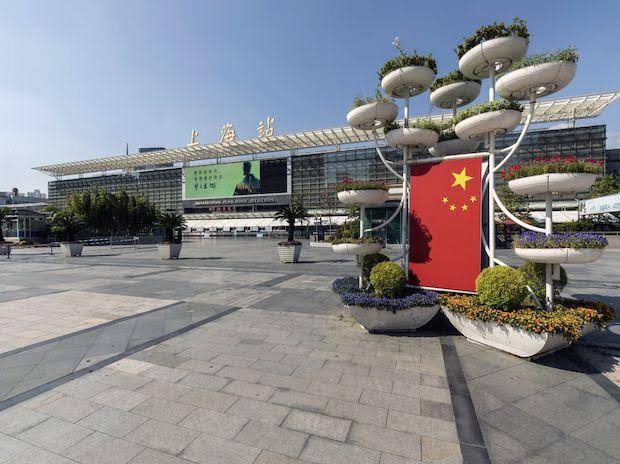China Economic Performance Grim In Second Quarter

The recent very negative outlook of the foreign business community regarding China is probably not just some noise in the short term but may have some longer-term implications. Foreign investors have been shifting production to other countries due to the economic uncertainties in China.
“ The Chinese economy in the second half of 2022 still faces the uncertainty of periodic lockdowns in response to new Covid breakouts. If a recession breaks out in the U.S. or Europe, it will add further difficulty to the Chinese growth,” as per Columbia University professor Shang-Jin Wei.
China’s coronavirus lockdowns in major cities has affected trade and daily life causing the country to report a grim performance in the second quarter and increasing concerns of a global recession.
China’s economy may have contracted in the three months ending in June, The Washington Post newspaper reported citing experts, adding that it is likely that Beijing will report modest growth.
Mercator Institute for China Studies’ chief economist Max Zenglein said, “The government will not acknowledge a contraction.”
“The further growth is from zero, the less credible the official figure will be,” Zenglein added.
China’s grim performance in the second quarter will be a setback for the country.
Several countries including the United States reopened and lifted their restrictions in their rebound from the pandemic.
However, China doubled down their “zero covid” policy stating that too many will die if the restrictions were lifted and the country was reopened.
The approach eventually became controversial and damaged their economy.
More severe lockdowns were implemented in the country as it continued to report more coronavirus infections this year.
The two-month lockdown of China’s Shanghai was particularly devastating, the article read.
The draconian zero-COVID policy implemented by the authorities in Shanghai, the world’s largest port, resulted in unprecedented disruption in economic activity with factories getting shut, and ports facing delays.
Transport and logistics networks have been severely impacted, with restrictions hitting the delivery of goods around the country and to ports with major global shipping connections.
During a visit to Fuzhou last week, China’s Premier Li Keqiang said that the economic situation was at a critical point and urged officials to steer the economy “back on track,” Xinhua reported.
Despite Chinese President Xi Jinping’s commitment to follow the “zero covid” policy, the photographs from the meetings showed that no one was wearing a mask in Fuzhou.
Many people have been unemployed and underemployed, especially in service industries, due to the repeated lockdowns in different parts of the country. Even a single automobile was not sold in Shanghai in the month of April.
Several cities reported an 18.4 per cent jobless rate of people aged 16 to 24 in the month of May.
“The Chinese economy is in a very bad shape now, consumer demand is very weak,” Washington’s Peterson Institute for International Economics’ research fellow Tianlei Huang said.
Huang added that even in the most optimistic scenario, the country will not be able to achieve its growth target of 5.5 per cent for the full year.
The lockdowns have affected factory production, supply chains and caused goods shipments delays to the rest of the world.
Consumer prices in the country rose by 2.5 per cent due to the dampened demand.
A lot of home buyers have been refusing to pay mortgages on unfinished projects, a media report said last week.



